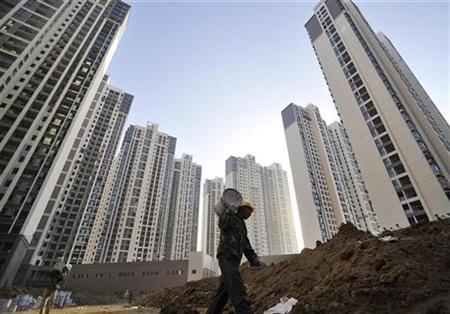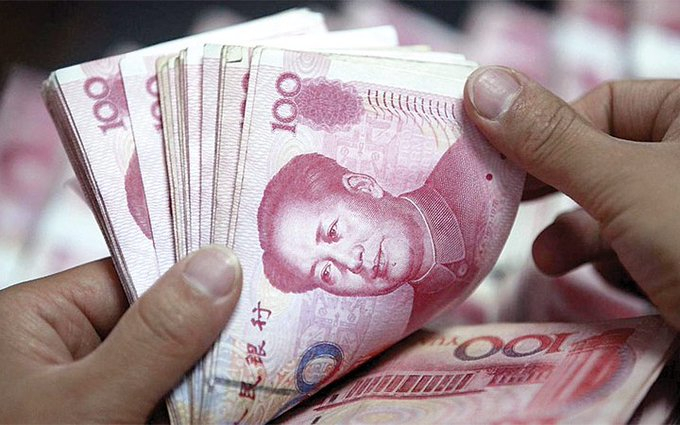A leading Chinese trust firm that has significant real estate exposure has missed payments on several investment products, reports said on Wednesday, confirming fears that the struggling property sector in the country is stifling the economy further.
Clients of Zhongrong International Trust said this week that the financial behemoth has failed to repay maturing trust products. This happened after online rumors linked the company to the collapse of investment giant Zhongzhi Enterprise Group, according to Caixin Global.
Property Sector Cash Crunch
The cash crunch in the once-booming Chinese property sector came into focus earlier this week as well, when the country's largest private real estate developer sought to delay payment on a private onshore bond.

On Monday, shares in Country Garden plunged on reports that the real estate developer had suffered multi-billion losses and halted trading on its corporate bonds. Country Garden, which was China's largest property developer by sales, saw its shares suffering a 63 percent fall this year.
Analysts have warned that the increasing default by trust companies will further fuel contagion fears as these companies have heavy exposure to the real estate sector. The Chinese economy, which is the world's second-largest, is heavily influenced by the fortunes of the property sector.
There is speculation that the Chinese government will be forced to announce a support package for the troubled real estate sector, which comprises nearly 25 percent of the economy.
Developer Defaults
The Chinese real estate sector has been at the center of attention for all the wrong reasons for more than two years as sales tumbled and liquidity remained tight, leading to developer defaults. The crisis at mammoth real estate company China Evergrande Group in 2021 signified the range and gravity of the crisis facing the Chinese real estate sector.

The latest developments indicate that the property market difficulties are impacting China's huge shadow banking industry. Zhongrong International and Country Garden are among a number of large financial institutions that are collectively called shadow banks. China's shadow banks deal with a cumulative $3 trillion, making it a sector nearly the size of the economy of the United kingdom.
"A string of defaults in the shadow banking sector could have a wide ranging chilling effect as many individual investors are exposed to the high-yielding trust products. Missed payments could weigh on already fragile consumer confidence in the absence of stronger support measures from Beijing," reports Reuters.
Chinese Economy
Data showed last week that China's inflation gauge dropped 0.3 percent in July, after having flatlined in June, indicating that the world's second largest economy has fallen into deflation even as nearly all other big economies are experiencing runaway inflation.
The latest Consumer Price Index data released by the National Bureau of Statistics came a day after data showed China's imports and exports sank in July. While exports fell by 14.5 percent, imports dropped 12.4 percent, indicating that economic growth in China could slow further this year.
According to analysts, the latest inflation reading, which shows that China is the first G20 country to report a year-on-year decline in consumer prices in the last two years, will fuel concerns among its trading partners.








